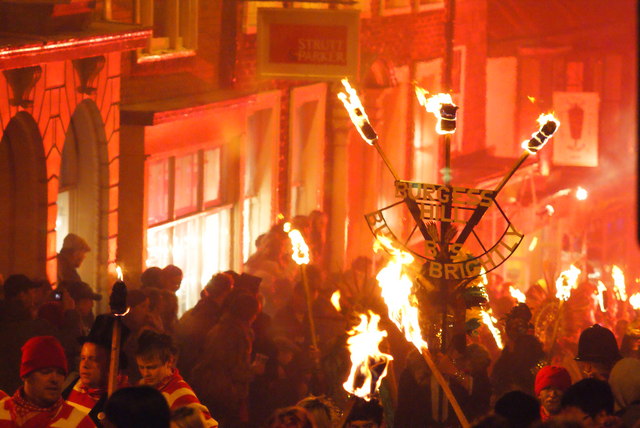Flickering Flames of Tradition: The Cultural Significance of Bonfires Around the World
Bonfires have been an integral part of various cultural traditions for centuries, serving as a symbol of community, celebration, and spiritual connection. The practice of gathering around a roaring fire has been a common thread across diverse societies, transcending geographical boundaries and cultural identities. This report delves into the significance of bonfire traditions, exploring their historical roots, cultural connotations, and modern-day expressions.
Historical Roots
Bonfires have their earliest recorded origins in ancient pagan cultures, where they played a crucial role in religious rituals and harvest festivals. In Celtic tradition, for instance, bonfires were lit on hilltops to mark the summer solstice, symbolizing the power of the sun and the fertility of the land. The ancient Greeks and Romans also used bonfires to honor their gods and goddesses, while in medieval Europe, they were a staple of rural communities, providing warmth, light, and a sense of communal bonding.
Cultural Connotations
Beyond their practical uses, bonfires have held deep symbolic meanings across cultures. In many societies, fire is associated with purification, renewal, and protection. In Hinduism, for example, the god of fire, Agni, bonfire traditions is revered as a symbol of transformation and rebirth. Similarly, in many indigenous cultures, bonfires are believed to have healing properties, warding off evil spirits and purifying the body and mind.
In modern-day celebrations, bonfires often represent a sense of community and togetherness. In the United Kingdom, for instance, Guy Fawkes Night (November 5th) is marked by large bonfires, fireworks, and communal gatherings, commemorating the failed Gunpowder Plot of 1605. Likewise, in Scandinavian countries, Midsummer bonfires are an essential part of the summer solstice celebrations, symbolizing the unity and harmony of the community.
Modern-Day Expressions
While traditional bonfire practices continue to thrive, modern-day expressions have evolved to incorporate new themes and purposes. In the United States, for instance, bonfires are often associated with summer camps, beach gatherings, and outdoor adventures. In Australia, they are an integral part of bush parties and rural celebrations.
The rise of festival culture has also led to the creation of unique bonfire festivals, bonfire traditions such as the Burning Man event in Nevada’s Black Rock Desert. This week-long gathering combines art, music, and self-expression, centered around a massive bonfire that symbolizes the release of creativity and individuality.
Conclusion
Bonfire traditions are a testament to humanity’s enduring connection with fire and community. From ancient pagan rituals to modern-day celebrations, these flickering flames have played a significant role in shaping cultural identities and fostering a sense of belonging. As the world becomes increasingly globalized, the cultural significance of bonfires remains a poignant reminder of our shared human experiences and the importance of community bonding.
 In an era of digital connectivity, where virtual interactions often supplant face-to-face interactions, the tradition of gathering around a bonfire serves as a powerful antidote to our increasingly fragmented lives. As we gaze into the flames, we are reminded of our shared humanity, our collective history, and the warmth that only shared experiences can provide.
In an era of digital connectivity, where virtual interactions often supplant face-to-face interactions, the tradition of gathering around a bonfire serves as a powerful antidote to our increasingly fragmented lives. As we gaze into the flames, we are reminded of our shared humanity, our collective history, and the warmth that only shared experiences can provide.
